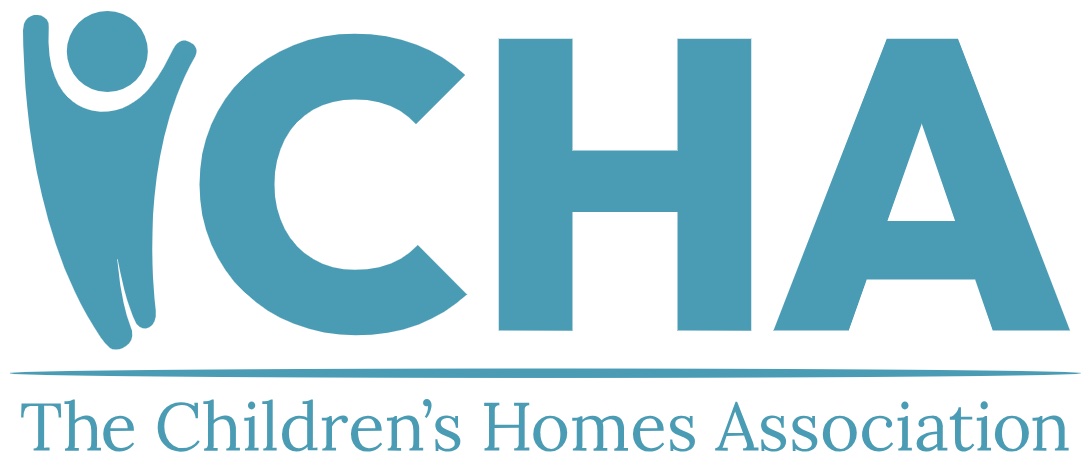CHA Responds to Latest Ofsted Data and Calls for Urgent Government Action
The Children’s Homes Association (CHA) welcomes the updated data from Ofsted, which confirm and quantifies the trends and issues the sector has observed anecdotally for some time. We are pleased that most children’s homes maintain a consistent pattern of receiving Good or Outstanding Judgements, reflecting the hard work and commitment of providers and staff across the sector.
However, the unprecedented number of new registrations for children’s homes—particularly from new and inexperienced providers—raises grave concerns. The absence of specialist input from the children’s residential care sector in the Independent Review of Children’s Social Care is now evident. It is producing serious consequences for the future quality and sustainability of children’s social care.
There remains an urgent need for specialist children’s homes to support high-need, high-risk children. These homes must be developed by experienced organisations with robust, well-trained teams who understand the complexities of caring for children presenting significant risk.
The trend toward registering smaller homes, often for fewer children, is another cause for concern. CHA’s position is clear: There is no evidence to support this shift to smaller homes. This increases the pressure on recruitment (particularly Registered Managers) and Ofsted.
The latest Ofsted data are subject to a time lag; however, at our recent CHA annual conference, Ofsted shared that they are now receiving up to 150 applications every month—almost 1,800 annually. This surge mirrors what has already happened with supported and semi-independent accommodation, and we risk repeating the same mistakes within the mainstream children’s home sector.
Worryingly, we also continue to see residential placements being made for children who should otherwise be cared for within foster families due to the acute shortage. Yet there is no indication or belief from experts that the foster carer base will increase to meet this demand. Our position is clear: We need fewer children in care, not more placements.
Ofsted has made clear that, due to the unprecedented volume of applications, they can no longer meet the statutory 16-week registration timeline. In some regions, they cannot provide any indication of a timeline at all. This is unacceptable because providers are required to name both the Responsible Individual and a Registered Manager upon application, and they are incurring significant salary costs—between £10,000 and £15,000 per month—before knowing when or if the home will be registered. These unnecessary financial pressures result in higher fees for local authorities.
This situation leaves responsible providers with a stark choice: either accept placements before registration, or face significant losses. Without urgent changes, we anticipate a further rise in unregistered homes as a direct result of the current failures in the registration process.
The hard truth is that we have too many children in care. As a sector and a society, we must urgently ask: what has gone wrong with social work?
What Needs to Change:
The CHA has made repeated representations to government for urgent reforms to the registration process to ensure new homes are developed in the right locations, by the right providers, and for the right children. Some changes cannot wait for the passage of the Children’s Wellbeing and Schools Bill or the introduction of new statutory guidance and regulations.
We are calling on the government to take immediate, practical steps (e.g. through time limited Statutory Instrument) to address the current crisis:
- Strengthened Location Assessment: The host local authority must confirm that there is a genuine need for a home in the proposed location and for the specified cohort of children, and actively support the registration as part of the application process.
- Priority Application Process: When supported by a local authority, introduce a fast-track route for highly experienced providers with a proven track record of Good or Outstanding ratings, enabling them to register new homes quickly and efficiently.
- Flexible Registration Process: Owing to Ofsted’s inability to meet the statutory timeline, a temporary two-stage registration process should be introduced:
- Allow initial registrations to be submitted without a named Responsible Individual or Registered Manager. But
- Only issue the Registration Certificate once these roles have been filled and fit and proper assessments completed.
- Reduced Frequency of Inspection for Good and Outstanding Homes: Children’s Homes are subject to a disproportionate inspection frequency compared to all other children’s social care settings. Where a home is rated as Good or Outstanding, and subject to there being no concerns, the inspection frequency be changed to every two years, not annually. In addition to being proportionate, this will create an incentive for providers to maintain higher quality and reduce the current unsustainable burden on Ofsted.
- Portability of Registered Manager Status: Allow proven Registered Managers to transfer their status to new homes, reducing unnecessary delays and administrative burdens for Ofsted where no concerns exist.
- Planning Consent: To address the current “postcode lottery” in planning decisions, where children’s social care departments support provider applications for small homes (five places or fewer), a presumption should be introduced that a Certificate of Lawfulness will be issued subject only to basic planning criteria, such as sufficient off-road parking and appropriate distances from neighbouring properties.
